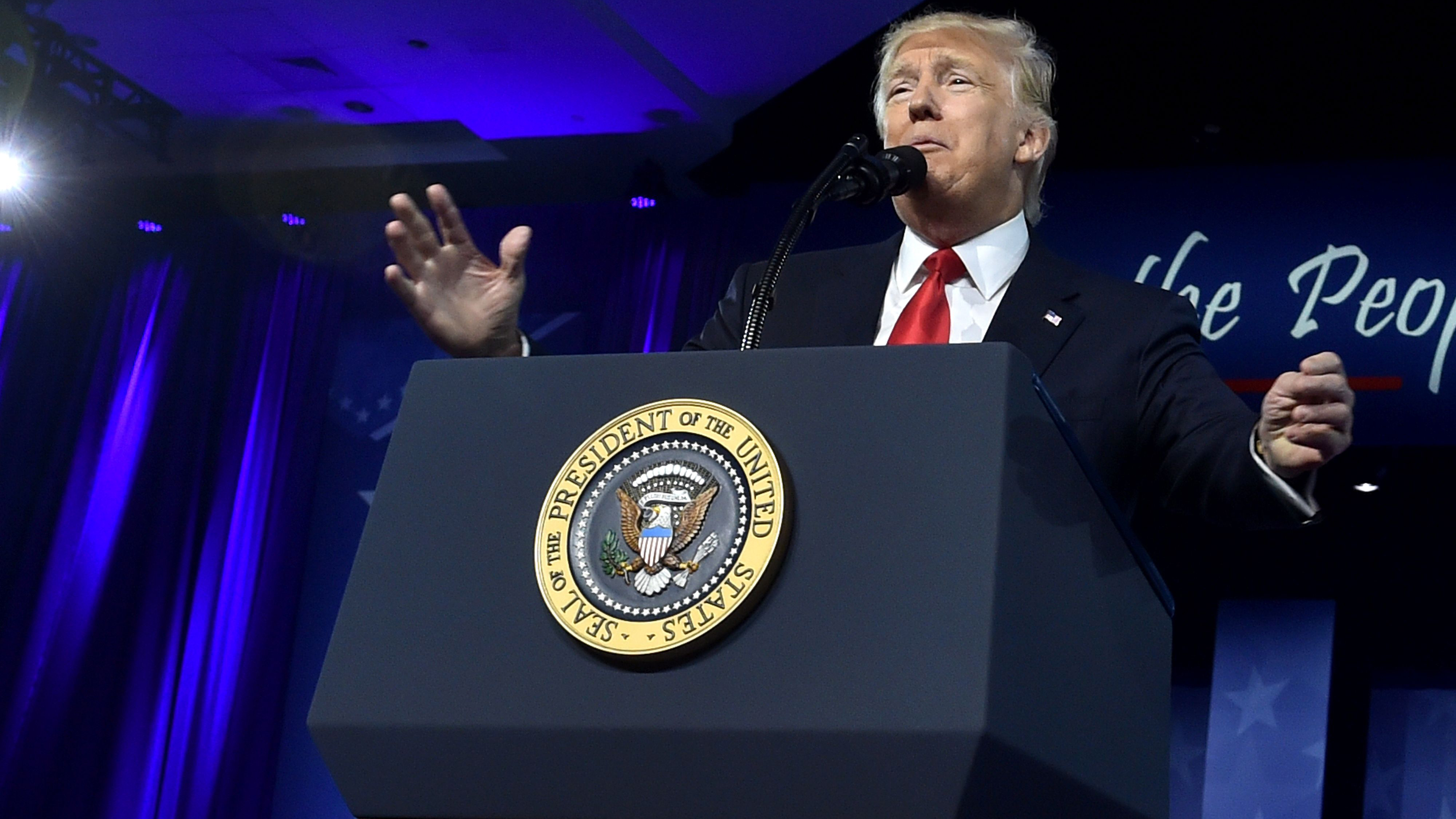Sudan Conflict Escalates: Military Takes Control Amidst Ongoing Violence
The conflict in Sudan intensifies as the military regains control of the presidential palace, declaring no negotiations with the Rapid Support Forces. What does this mean for the future of Sudan's stability?
The war between the Sudanese military and paramilitary forces continues to escalate, as the military recently announced its refusal to engage in talks with the Rapid Support Forces (RSF). Following the military's capture of the presidential palace in Khartoum, tensions remain high, with the military vowing to continue its offensive until the RSF is disarmed and removed from civilian areas.
Military Gains Ground
In a significant development, the Sudanese military declared it has regained control of key government buildings in Khartoum, including the presidential palace. The military's statement emphasized the need for decisive action against the RSF, which they labeled a "terrorist militia." Army Chief Al-Boran asserted that the military's operations are aimed at restoring peace and security for the Sudanese people, who have endured daily attacks and violence from the RSF.
Celebratory videos of Sudanese troops on the palace grounds were shared by the military, highlighting their recent successes against the RSF. Reports indicate that intermittent gunfire continues in various areas around central Khartoum, as the military conducts search operations to eliminate remaining RSF fighters.
Ongoing Violence and Humanitarian Crisis
Despite military gains, the conflict shows no signs of abating. The RSF claimed responsibility for a drone attack that reportedly killed dozens of soldiers, with the Sudanese Army confirming the deaths of several troops and journalists in the strike. Additionally, the RSF has captured strategic military bases in regions like North Darfur, further complicating the situation.
The United Nations has labeled the ongoing conflict as the world's largest humanitarian crisis, with widespread famine and disease affecting many parts of Sudan. Both the Sudanese military and the RSF face accusations of war crimes and genocide, raising international concerns about the humanitarian implications of their actions.
Future Implications
As the military and RSF continue to clash, the possibility of a de facto partition of the country looms large. The RSF is reportedly working to establish a parallel government in territories it controls, which could lead to further instability and fragmentation of Sudan. The international community watches closely, as the conflict threatens to escalate further, impacting regional security and humanitarian conditions.
Conclusion
The situation in Sudan remains dire, with the military's recent territorial gains overshadowed by ongoing violence and the looming humanitarian crisis. The refusal to negotiate with the RSF suggests a prolonged conflict, leaving the future of Sudan in jeopardy. As the international community seeks to address the crisis, the need for a comprehensive solution becomes increasingly urgent.
Stay updated on the latest developments in Sudan by following our blog for in-depth analysis and breaking news.
What's Your Reaction?
















